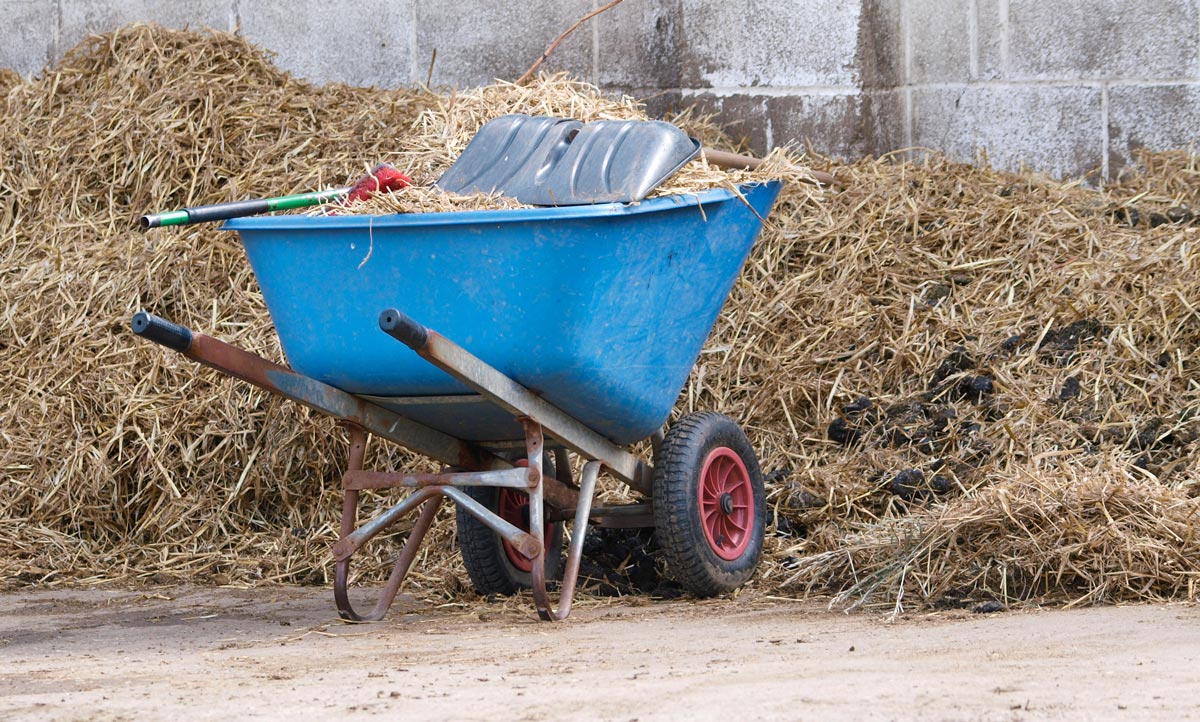EMS is something I haven’t touched on too deeply, which is odd considering how much of a vet student’s life it takes up.
For those not familiar with the term, EMS stands for extra-mural studies: work experience conducted outside of university term time.
Each vet school organises its EMS slightly differently, but at Bristol we’re required to complete a total of 12 weeks preclinical work experience over the first two years of our course (“preclinical” essentially meaning anything from shadowing a vet nurse in practice to shovelling manure in a stable). It’s basically to get everybody up to speed where animal handling skills are concerned, regardless of individual animal backgrounds. Levelling the playing field as it were.
As a second year student, this is the world I’m living in and, since I completed roughly 12 weeks of work experience to get into university in the first place, as you can imagine, EMS has become a big part of my life, and roughly a third of this year‘s summer holidays.
Pros and cons
There are highs and lows to every aspect of uni, but it can be difficult not to let the sheer volume of extra work that needs to be done get to you. Vet students, after all, have some of the highest numbers of contact hours among their cohorts, up there with medicine and dental students, who are also required to carry out extra non-curricular work when the majority of the student body are taking three or four months off.
But it’s important to remember there’s a reason for it, and although you’re not yet aiding diagnoses or learning neutering techniques, preclinical EMS teaches you a lot of skills you’ll need to have by the time you first step into practice, such as patience with and confidence around animals.
It can also help prepare you for the harder aspects of the job, and that’s really what I want to address here.

There at the end
Working on a farm for any decent period of time will allow you to become familiar with two things: life and death.
Death is a part of the veterinary career that’s easy enough to understand as a concept, but far more difficult to teach in practice; vets face the death of patients regularly enough that their mental health as a profession rivals that of human medicine for being so staggeringly low. In my mind, it’s definitely an area of our education that could be improved upon, but the trouble is it’s so difficult to do.
For example, I have been volunteering at my local practice for almost seven years and yet I have never seen an animal euthanised. This isn’t for lack of opportunity but, rather, a case of respecting the owner. I’ve had to leave many a consult once the bad news is broken, regardless of the level of training because, quite understandably, having your animal euthanised is a very personal and emotional experience that you wouldn’t want a stranger observing – especially one with an open notebook and poised pen.
The (other) problem with death
The trouble is, giving patients the space they want and deserve might not be in their best interest in the long run – especially if it goes on to produce a generation of veterinarians who’ve never seen euthanasia until a whole three or four years into their training.
Nobody wants some trainee hovering over such a private and, often, devastating moment – I know I certainly wouldn’t – but if the procedure is to be done with the same level of maturity, professionalism and understanding as it demands, this takes observation and learning, like anything else.
This is one of the reasons why I think EMS plays such a vital role in shaping young vets outside of the lecture theatres and in the real world.
Perfectly placed
My latest placement is on a pig farm, and despite being one of the most enriching and enjoyable weeks I’ve completed so far, it has hit me, emotionally and personally, in way I had not anticipated.
I’ve spoken before about how working with livestock intended for human consumption is different from working with cherished pets (and it definitely is), but an animal is still an animal and, especially when you’re starting out, it can be difficult to acclimatise to the professional separation the job often entails.
That said, I’m incredibly glad for my experiences over the past week and in every placement I’ve been lucky enough to visit. Farmers and veterinary professionals alike offer up so much of their time and experience to help you improve your own skill set in ways you never even knew it needed. You grow in ways you didn’t expect and your opinions change a little bit each day in light of everything new you learn.
On paper, EMS might sound like a lot of lost holiday time and long days of manual labour but, in reality, you only get out what you put in. And what you get out is often invaluable.

Leave a Reply